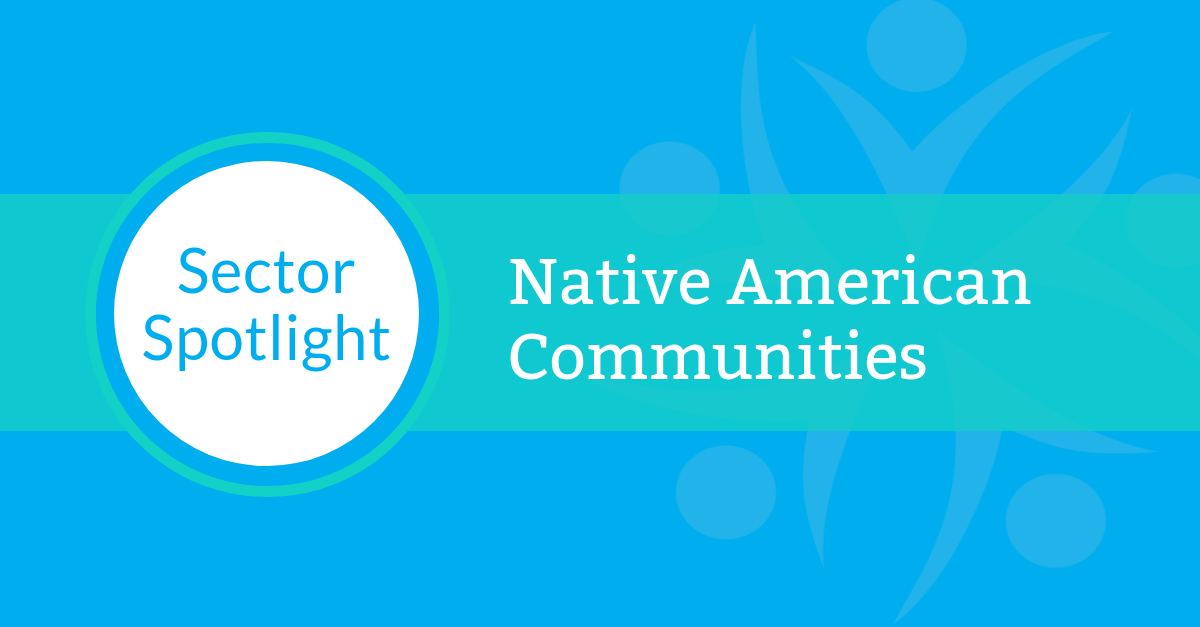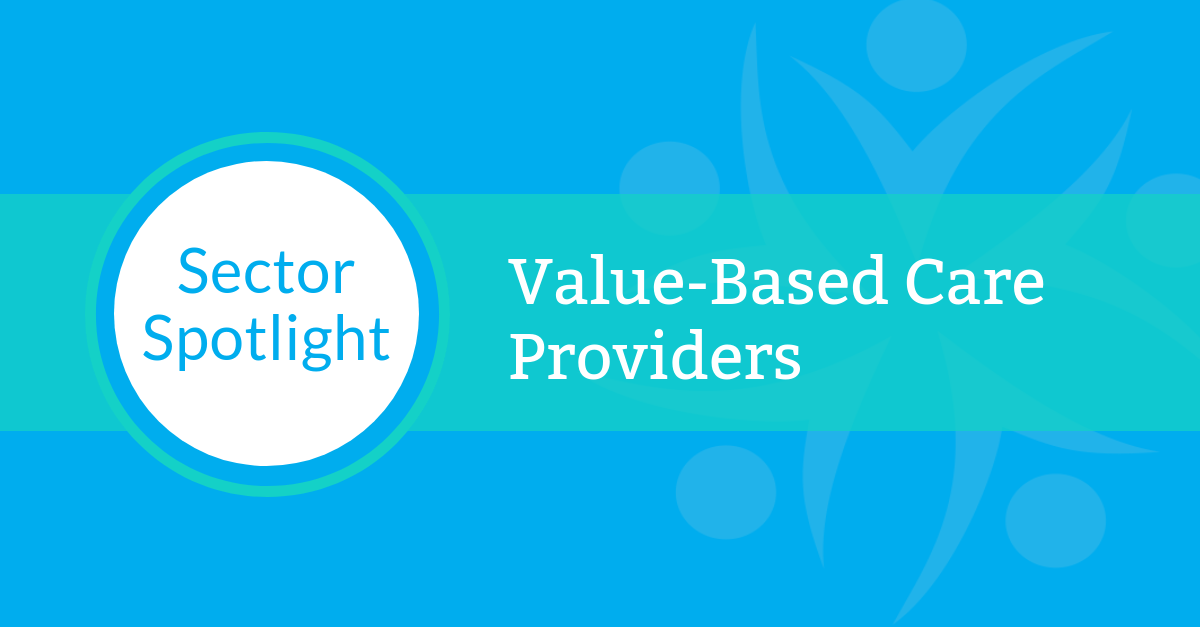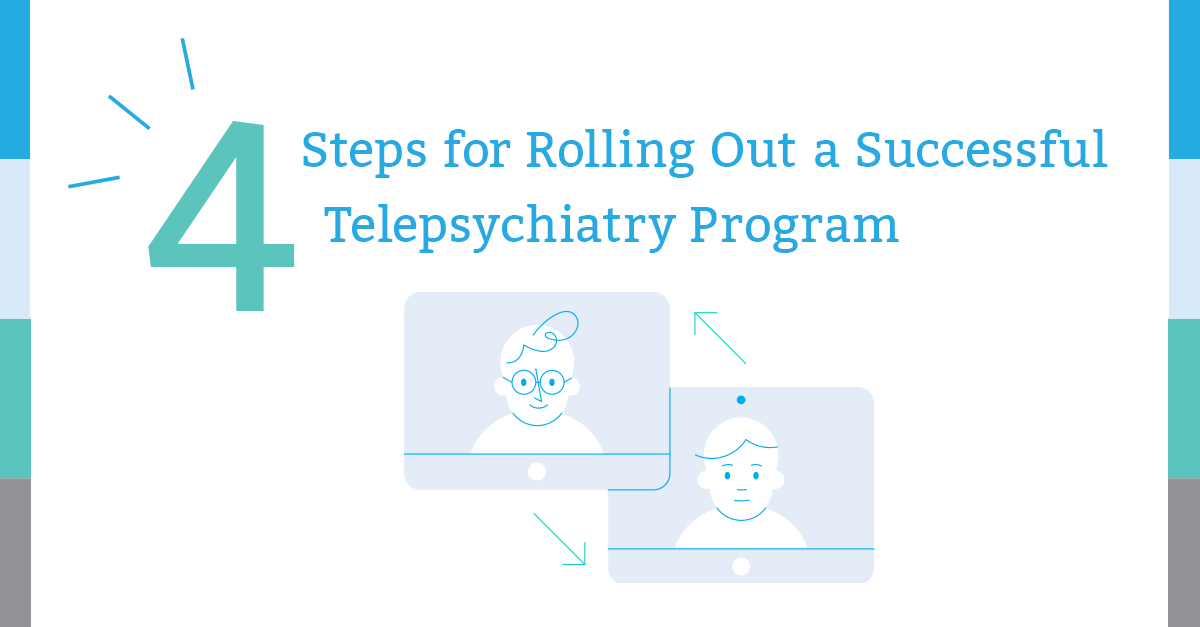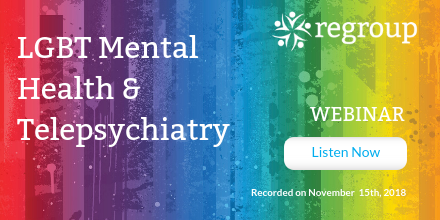Are you attending the Nebraska Rural Health Conference? If so, we'd like to introduce ourselves at the show. Rick Roos, the Senior Director of Partnerships at Regroup, will be attending.
The Latest
Regroup

Recent Posts
Let's Meet in Kearney at the Nebraska Rural Health Conference
Tags: Regroup Blog
White Paper | Delivering Compliant Care: A Guide to Telepsychiatry Law
"Telepsychiatry programs have been on the rise for the past several years, helping healthcare organizations address chronic psychiatrist shortages, escalating rates of substance abuse and widespread incidence of mental illness across the U.S. By enabling providers to connect with qualified clinicians from anywhere, telepsychiatry is putting mental health care within reach for the first time in many rural and underserved areas. And while these organizations are finding telepsychiatry meets the proverbial triple aim — high-quality care, better overall health outcomes
and lower costs — many are discovering that keeping up with telepsychiatry compliance is a full-time job."
Tags: Downloads
For Native Americans living in tribal communities, the closest mental health care professional can be hours away – if one is available at all. Yet years of intergenerational trauma, high rates of mental illness and substance abuse mean these residents often have a significant need for these services. As a result, a growing number of tribal communities are turning to telepsychiatry for access to high-quality, culturally-sensitive mental health care clinicians for the people that call these communities home.
In our latest Sector Spotlight, we share insights on telepsychiatry in Native American communities from Regroup’s recent appearance on “American Indian Living.” During the podcast, Naveen Kathuria, Regroup’s senior vice president, partnerships and compliance, explains how telepsychiatry is helping these communities access highly specialized clinicians equipped to serve their population’s unique needs.
Tags: Regroup Blog
MAT | How Prescribing Suboxone Can Help Solve the Opioid Crisis
Each day, opioids claim the lives of more than 130 people across the U.S. As this national epidemic continues to intensify, access to treatment has remained out of reach for many of the patients who need it most. While medication-assisted treatment (MAT) with medications like Suboxone is a proven method for treating opioid use disorder, there simply aren’t enough qualified providers to meet the need and the demand, particularly in rural and other underserved areas.
As healthcare facilities work to meet skyrocketing demand for MAT, a growing number are turning to telepsychiatry as an effective, cost-efficient solution. With recent changes in the law making it easier to deliver MAT via telepsychiatry, this technology-enabled approach is expanding access and saving lives in communities ravaged by the opioid crisis.
Tags: Regroup Blog, Downloads
Care Without Borders: 5 Things to Know Before Launching Telepsych
Healthcare facilities across the country are increasingly embracing telepsychiatry as a way to provide patients with quality mental health services, regardless of their zip code. By connecting patients and clinicians through live
If you’re planning to implement a telepsychiatry program, here are five essential steps to help ensure success.
Tags: Regroup Blog
Healthcare spending is skyrocketing in America, reaching a whopping $3.5 trillion in 2017 and projected to rise another 5.5 percent annually over the next decade. As the industry seeks to contain these costs, providers are shifting their focus from the quantity to the quality of care they deliver – and that’s where value-based care comes in.
In contrast to the traditional fee-for-service model, the value-based approach rewards providers for efficiency, as well as patient health outcomes. Reducing expensive – and sometimes avoidable – acute care episodes is integral to the success of this approach, which is why mental health is an important part of value-based care. By identifying and resolving behavioral health issues earlier, healthcare organizations can keep patients healthier – a win-win for patients and providers.
In our ongoing Sector Spotlight series, we focus on how telepsychiatry can help value-based care providers access mental health services that benefit their patients and their bottom lines.
Tags: Regroup Blog
White Paper | 4 Steps for a Successful Telepsychiatry Program
"The U.S. is facing a nationwide shortage of psychiatric clinicians, and that shortage is expected to grow to an estimated 15,600 psychiatrists by 2025. At the same time, the growing opioid crisis, economic hardship and other factors mean patients need these services more than ever. Nearly one in five American adults is living with mental illness, which can lead to lower job productivity, physical co-morbidities and increased hospitalization risk if left untreated. It’s little wonder that psychiatrists are now No. 2 on the list of in-demand medical specializations – and telepsychiatry has emerged as an effective method to put more psychiatrists within reach of healthcare facilities."
Tags: Downloads
Case Study | Flexibility helps an FQHC Achieve Telepsych Success
When it comes to delivering behavioral health services, the ideal program looks different at every healthcare organization. For Advantage Health Centers, finding a telepsychiatry partner that understands its unique needs has been the key to success.
Tags: Downloads
Case Study | Correctional Facility Expands Mental Healthcare Access
As the U.S. faces a shortage of mental health providers, accessing clinicians can be especially challenging for correctional facilities. Prisons are often located in remote areas, and many clinicians are intimidated about working on-site. For these facilities, telepsychiatry can help to attract high-quality providers by enabling clinicians to work with patients from anywhere.
Tags: Downloads
LGBT Mental Health and Telepsychiatry [Recorded Webinar]
LGBT individuals in the United States continue to face significant challenges to accessing mental health services, due to a variety of factors, including discrimination at the social and legal levels, as well as prejudice within
Tags: Regroup Webinars
.png?width=170&height=100&name=Array_rgb%20(1).png)









